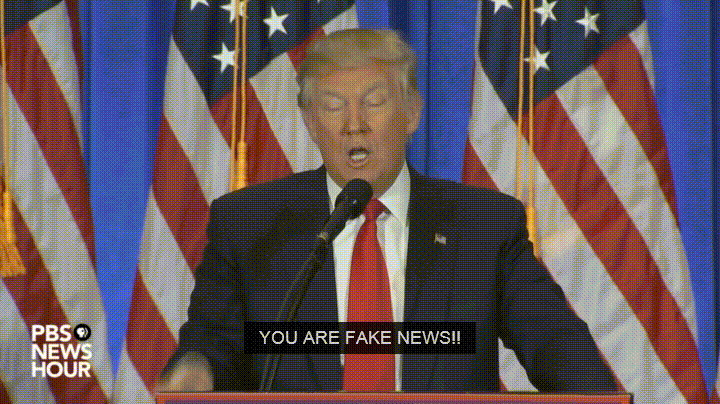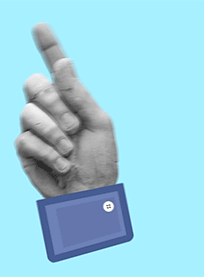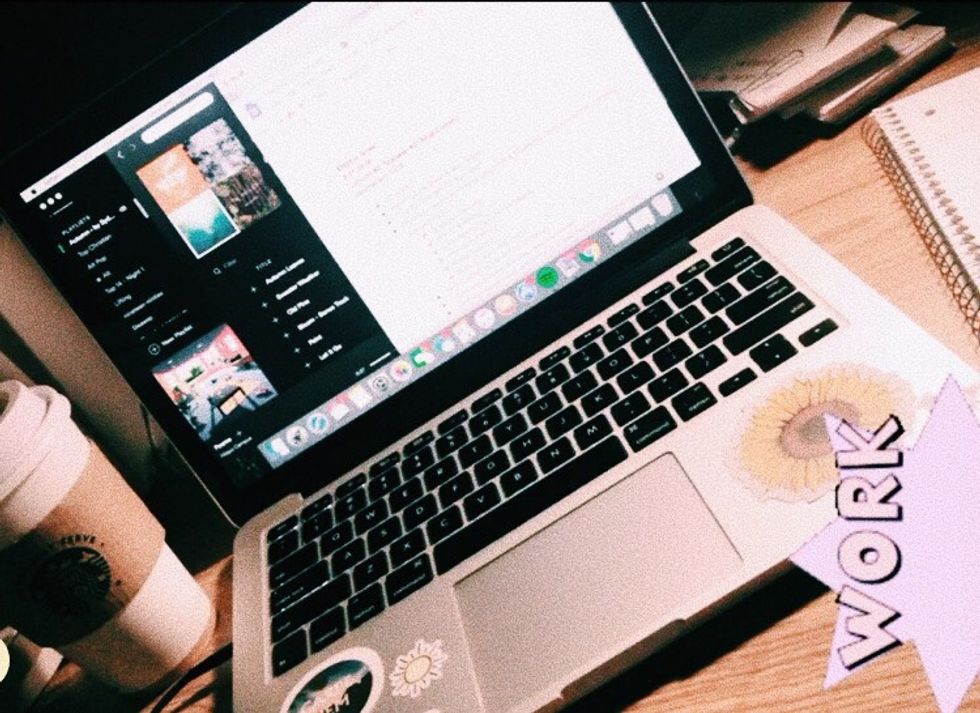Every day I see a post shared on my Facebook feed about an absurd political scheme, the "corrupt" left, or how a politician has yet again done something bizarre. However, no matter how hard I push myself to keep my fingers from typing a strongly worded message about media literacy, I just can't find the words to educate this person. I mean it isn't hurting anyone, right? Well, not really. Media literacy is not just a goal, it's the ongoing process of learning how to be educated on the media we consume.
Media literacy impacts every single situation we view via news outlets, social media platforms (like Twitter), and even the professors who teach media in the classroom every day. Understanding the media that is spewed into our society, is the only way to be properly educated on how we can change the rhetoric and stigma surrounding news, especially "fake" news.
So what exactly is media literacy? It's the ability to understand and comprehend media in all platforms. Media envelopes so many aspects of how we receive and understand material that is either factual or false information. But the importance of analyzing this media accurately is what makes news and media function. Knowing credible sources, sites, and mediums, understanding correct citations, and comprehending factual media work is absolutely crucial in the society we live in today.
So what steps can you take to become a media, literate individual?
1. Look at the source

If the source isn't a verified news organization such as MSNBC or CNN. Also, note that understanding where a news source falls on the realm of political ideology is important because it can help identify the types of content you will view. Although media is supposed to practice objectivity, it is quite common for news sources to produce content that will align with a particular area of the political spectrum.
2. Be aware of the content

A piece's wording, generalizations, and context have much to do with its credibility. If a source continuously publishes on the importance of stopping climate change but does not cite credible sources, or any sources at all, it is safe to assume it is not credible until proven so. Reading the content and analyzing its objectivity is important and can save you a hassle of believing that hey, maybe the world is going to end in 24 hours.
3. Avoid sharing until you are sure

Do not share pieces on social media platforms until you are absolutely aware of their origin, main idea, and sources. If the piece's sources do not align with the material, or if the origin is a well-known hate group or politically aligned news source, steer clear of sharing these on your Facebook. If the piece is in fact "fake news," by sharing that piece, you have only increased its viewer count and increased popularity for that site and content. Thus starting the entire cycle of "fake news."
4. Read, read, read

Read the content. One mistake people make is lack of reading. They read the main points like in this article (the bold, numbered content) and avoid the fine print. The fine print is accustomed to the well-known deepest secrets and the fakest of news. So when you read the content you will potentially share with peers/colleagues, friends, and family just be sure you've completely read the content and understand exactly that piece's angle.
So next time your great aunt shares an article about Trump being impeached, or the left trying to take away all guns based on a new bill, follow these easy tips on how to be a media literate. Our society is literally counting on you.
















